At the end of the LifePlan process there is a whole chart dedicated to identifying the important relationships in our life. On a big piece of post-it paper, boxes labeled “LifePlan Partner”, “Mentor”, ”Mentee”, and “Close Friends” stand empty, begging the question, “who are my people?” For some, filling out this chart is a no brainer, but for many….and I mean most, this chart is super vulnerable.
The work that is done in the LifePlan process is incredibly important, but there is a reason this question is asked at the end. To fully live out of our unique design we will need to surround ourselves with people who will encourage us, challenge us, and cheer us on.
In recent weeks I have had several conversations that in some way, shape or form - centered on the idea of mentorship. I don’t always use the term “mentor”….in my personal experience it oftentimes looks like being a facilitator, a guide, a spiritual companion- or even just a person who happens to be in a random conversation and chooses to ask a good question or name what they see, etc.
People are hungry for this. We all want and need someone in our life that is able to guide us, encourage us….see us. So, why is it so hard to find? Why aren’t more people mentoring and being mentored?
I’m sure there are many possible answers to this. Here is mine: We have made the mistake of thinking that a mentor’s job is to be an expert on the mentee, when in fact, the mentor’s job is to be an expert on themselves. Truly, the only person anyone can be an expert on - ever - is themselves. A good mentor is someone who is simply taking responsibility for their own life and then models this for their mentee.
What do I mean by that? Taking responsibility for our lives begins with knowing who we are…who we actually are. We choose to do the work of knowing our unique stories which points us towards our unique gifts and passions - and then we steward who we are. We live in alignment: We practice saying yes to opportunities that invite who we are, and no to opportunities that don’t. This is not static - it is ongoing. It is an unending process of digging in, discovering the depths, and choosing to live authentically. When we do this we have an incredible gift to offer others- the gift of knowing oneself and stewarding that knowing.
A mentee who is exposed to this is indirectly told - you have permission to matter. Your life has purpose. And, you are the one who is to take responsibility for discovering and living out of that. Not the mentor. Not mom or dad. Not some guru.
Ultimately, this can bring incredible freedom and empowerment to a mentee. But, a mentor should be warned, that at first it may bring fear and disappointment. It is much easier, and less vulnerable, to find someone to tell you who you are (and our culture has sold us on the idea that this is even possible - especially for women, who are regularly given the message they cannot trust their own knowing). It is a rare gift to have a companion who simply stewards their own life, and points you towards doing the same.
The mentor’s job is to model their own journey of knowing, and point the mentee to the expertise that is already and only theirs. A mentor’s main message is this: “You matter. You are the expert on your own life. So live like it. Come and see how I steward my own life.”
(As a side note- I realize that sometimes what is meant by “mentor” is someone who helps teach or train another in a specific industry and/or role. That is not exactly what I’m getting at here. I’m speaking more generally to a life mentor. However, I would still argue that even someone who is legitimately an expert in an industry or role, will best serve their mentee if they live this way and impart this wisdom to others)
